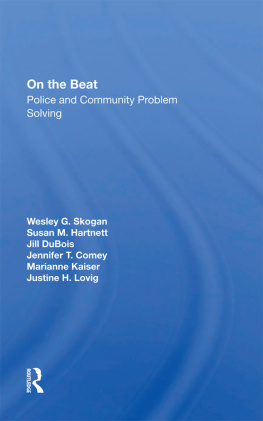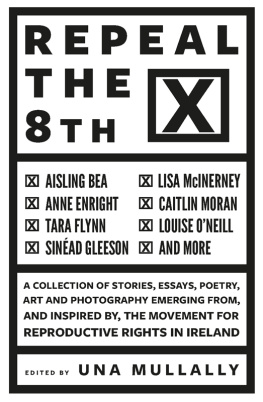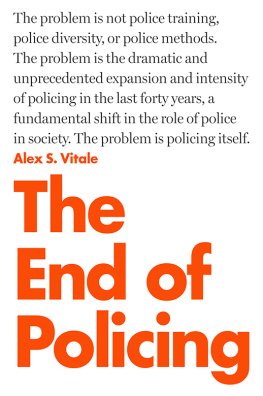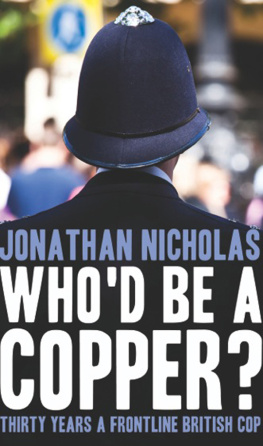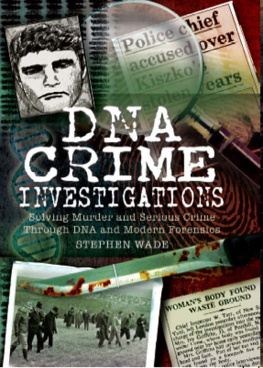Stevyn Colgan - Why Did the Policeman Cross the Road?: How to Solve Problems Before They Arise
Here you can read online Stevyn Colgan - Why Did the Policeman Cross the Road?: How to Solve Problems Before They Arise full text of the book (entire story) in english for free. Download pdf and epub, get meaning, cover and reviews about this ebook. year: 2016, publisher: Unbound, genre: Detective and thriller. Description of the work, (preface) as well as reviews are available. Best literature library LitArk.com created for fans of good reading and offers a wide selection of genres:
Romance novel
Science fiction
Adventure
Detective
Science
History
Home and family
Prose
Art
Politics
Computer
Non-fiction
Religion
Business
Children
Humor
Choose a favorite category and find really read worthwhile books. Enjoy immersion in the world of imagination, feel the emotions of the characters or learn something new for yourself, make an fascinating discovery.
- Book:Why Did the Policeman Cross the Road?: How to Solve Problems Before They Arise
- Author:
- Publisher:Unbound
- Genre:
- Year:2016
- Rating:3 / 5
- Favourites:Add to favourites
- Your mark:
Why Did the Policeman Cross the Road?: How to Solve Problems Before They Arise: summary, description and annotation
We offer to read an annotation, description, summary or preface (depends on what the author of the book "Why Did the Policeman Cross the Road?: How to Solve Problems Before They Arise" wrote himself). If you haven't found the necessary information about the book — write in the comments, we will try to find it.
Can lollipops reduce anti-social behaviour? Or wizards halt street gambling? Do fake bus stops protect pensioners? Will organising a dog show stop young people killing each other? Stevyn Colgan believes that the answer to all of those questions is Yes. Packed with fascinating anecdotes and important questions, this astonishing book reveals the innovative and imaginative ways Colgan tried to prevent crime during his thirty years on the police force.
Colgan worked for twelve of those years as part of a unique team called The Problem Solving Unit. With no budget and laughable resources, they were given an extraordinary brief -- to solve problems of crime and disorder that wouldnt respond to traditional policing. They were told they could try anything as long as it wasnt illegal, wasnt immoral, wouldnt bring the police into disrepute, and didnt cost very much.
With amusing, insightful and sometimes controversial approaches to problem solving, Colgan mixes personal anecdotes from his time on the force with real-world examples of how The Problem Solving Unit helped build communities and prevent recurring crime.
At its core, this books message is simple: police should direct far more effort towards preventing crime before it happens rather than solving crime after it has happened.
Stevyn Colgan: author's other books
Who wrote Why Did the Policeman Cross the Road?: How to Solve Problems Before They Arise? Find out the surname, the name of the author of the book and a list of all author's works by series.



